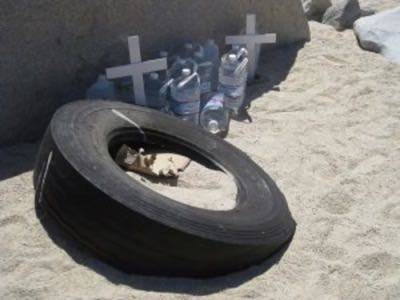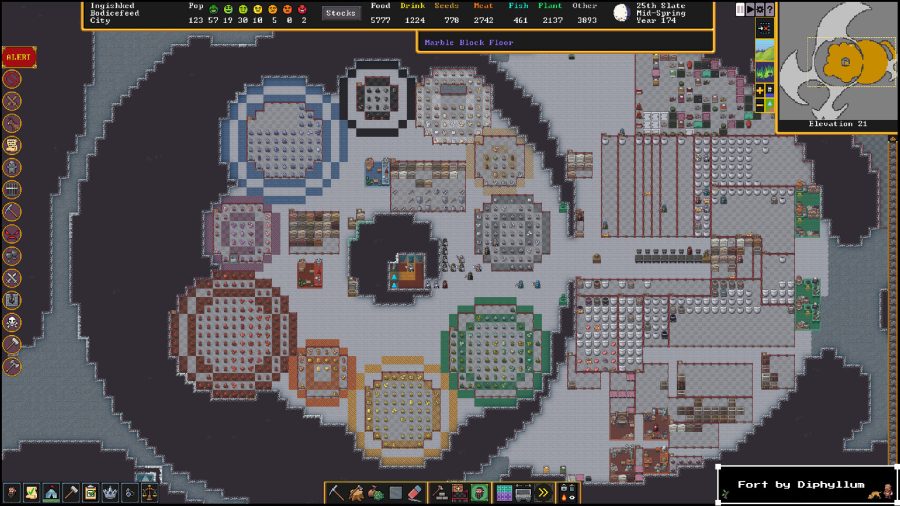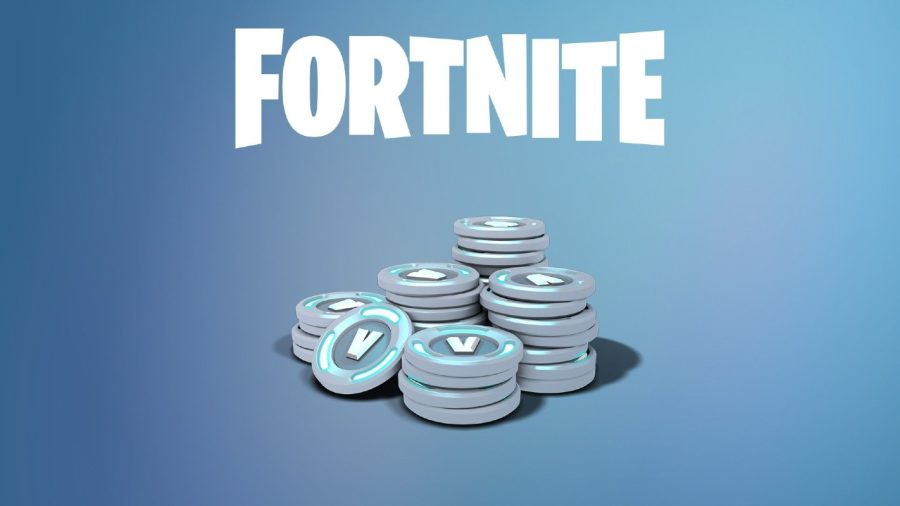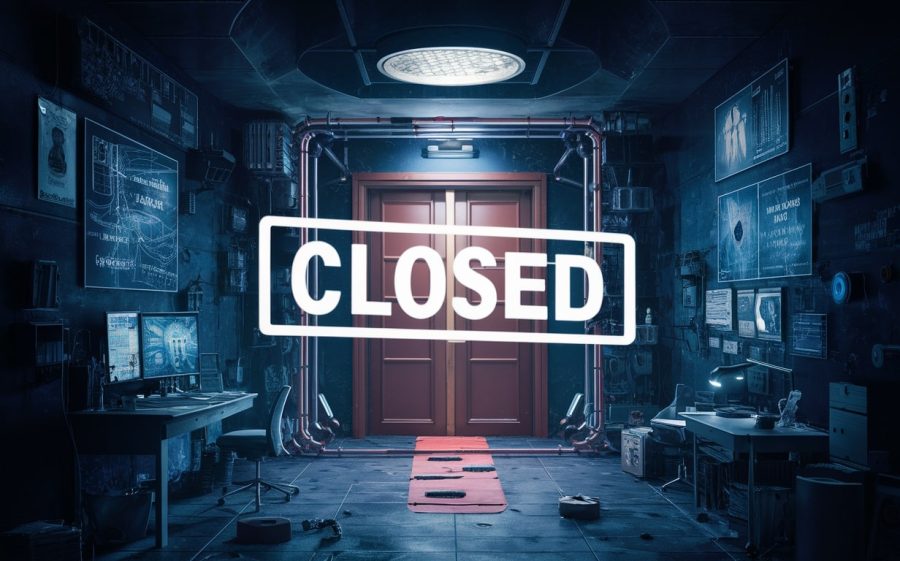Last year, UC San Diego art professor Ricardo Dominguez spearheaded a project to help illegal immigrants. He and his team equipped GPS-enabled mobile phones with border-specific information that would provide people crossing the U.S.-Mexico border a way to find water and, ergo, to continue living. In order to fund the development of the app, called the Transborder Immigrant Tool, Dominguez applied for, and was awarded, a grant by his institution, the University of California at San Diego.

Funding the TBT to the tune of $5,000, apparently, enfuriated some SoCal high and mighties, including Congressman Duncan Hunter, who believed the project broke the law. An investigation was launched.
Last month the investigation concluded, finding Dominguez innocent of inappropriate use of the grant funding.
Stayin’ Alive
To create something that will keep illegal immigrants alive strikes me as a lot like, say a needle exchange. The primary purpose of the latter is not to help junkies get high, it’s to keep brothers and sisters and grandfathers and cousins from dying. In the same way, whether the TBT helps anyone get across the border or not, it’s primary purpose is, or should be, to reduce the number of exposure deaths in the United States. The number of illegal immigrants dying annually on the crossing has almost doubled, according to the General Accounting Office, from 266 in 1985 to 472 in 2005. These deaths, in addition to depriving us of fellow humans, also cost the governments – federal, state and local – quite a bit of money. Complaining about the TBT is, it seems to me, to miss the forest for the trees. In fairness, though, the program doesn’t just help find water and safe routes. It also helps users avoid the Border Patrol. At that point, it moves from purely humanitarian to political.
The other issue is the utility of it. Dominguez is an art professor and the TBT is an art project. A version of the phone is on display at Museum of Contemporary Art San Diego in La Jolla. Another’s been included in the 2010 California Biennial and still others are on display in Europe. But If all this thing does is épater le bourgeois, how important is it?
Dominguez responded.
“Water Stations Inc. and Border Angels see that TBT does function, not only to give “last mile” help to the user leading them directly to known water caches left for immigrants – but under how the poetics of the project function. Both NGOs have agreed to work with us because they have worked with the TBT and indeed it does work.” But he cautions, “Remember we are not engineers – we are artists first and foremost.”
Geo-Poetical-Safety
Artists or not, a lot of research went into developing the maps and data points for the project, which include the following.

“(E)xact coordinates needed to anchor the triangulations…pre-emptive transborder networks and infrastructures, such as, Homeland Security activities, Halliburton border security projects, border patrol and Minutemen activities and water/food anchors established by support communities along the border.”
Although the project API is available for download, an easy end-user version is not available. Given the ubiquity of mobile phones in countries without first-world infrastructure, such a downloadable app might be valuable. Although it’s ideal with GPS-outfitted phones, a version for those lacking that function would still provide a lot of important data in map form. Such a version may not be GPS in the sense of being connected to a geo-positioning satellite but it would be GPS in Dominguez’s sense: “Geo-Poetical-Safety.”
Are you a developer? How easy would it be to make an app that anyone could download and run out of the API? Let us know in the comments.
Photos from bang.calit2








